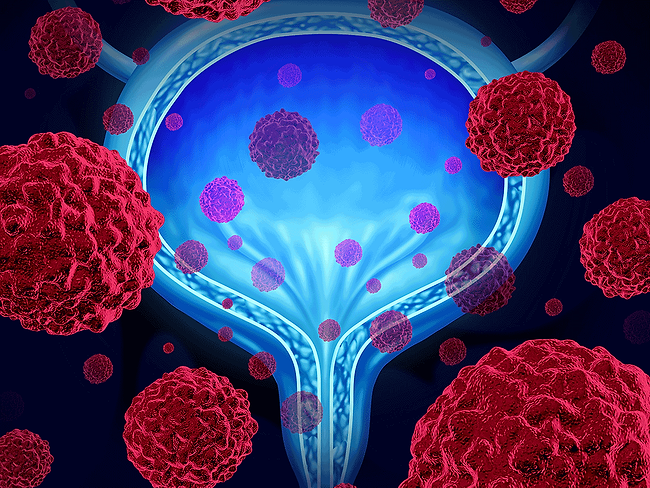
Regulatory
2023 FDLI Enforcement Conference
FDA facing a ‘somewhat unimaginable’ volume of applications for LDTs
Read More2023 FDLI Enforcement Conference
Post-pandemic inspection load an ongoing struggle for FDA
Read More2023 FDLI Enforcement Conference

